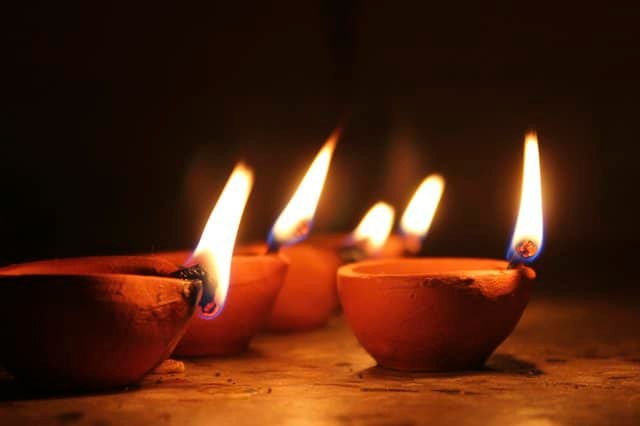287 total views
Homily for Friday of the 21st Week in Ordinary Time, 26 August 2022, Mt 25:1-13

Some of you would probably remember how people made all kinds of predictions about a global crisis that would signal the coming of the end time as we approached the end of the second millennium in 1999. There were members of a sect that preempted doomsday in 2000 and looked forward to what they called their “rapture” experience. They gathered together and hid themselves in an underground bunker. They wore helmets and white robes and prepared themselves for the end of the world and the second coming of Christ.
The expected end of the world did not come of course, and they went back to their homes. I think their leader saved them from embarrassment by saying that their prayers had been heard and that Christ had again delayed his second coming.
I imagine what it must have been like for the early Christians who really believed that the final judgment was going to happen within their lifetime. There is evidence in some of his letters that St Paul had earlier believed that he would live to see the second coming of Christ. He says it, for example, in 1 Thessalonians 4:15 “Indeed, we tell you this, on the word of the Lord, that we who are alive, who are left until the coming of the Lord, will surely not precede those who have fallen asleep.” Apparently, Paul felt the need to make this clarification because some members of the community were grieving the death of their loved ones. He felt the need to assure them that they would not be left behind at the second coming of Christ.
Some of the early Christians must have felt like a prophecy had been made but it had not been fulfilled. And so the ones who took it to heart literally and felt cheated or deceived, probably concluded that Christianity was nothing but a false prophecy. There were some who justified the non-fulfillment by shifting from Prophecy to Wisdom. But if the standard of wisdom as described in the Gospel Parable is vigilance, staying awake, actually, all ten virgins had failed in their task. Why? Because they all went drousy and fell asleep.
“Falling asleep “ was a figurative description of Christians who had somehow lost their enthusiasm for the faith because their expectation had not been fulfilled. Nakatulog sa paghihintay. This reminds me of that Charismatic song, “I am alive, awake, alert, enthusiastic…” The line is repeated over and over again. It sounds like a desperate attempt to keep themselves zealous for their faith, knowing that there is always that tendency to “go drowsy and fall asleep”, and that it actually applies to all of them, as it did to the ten virgins.
It’s not really the staying awake that matters, according to the Gospel parable, but the wisdom of having some “extra oil” when the awaited time of arrival of the bridegroom comes. That “extra oil” is also figurative. For St. Paul we can only get that “extra oil” from what he calls the “message of the cross of Christ”, which, he says, represents “the power of God” and the “wisdom of God.”
He is not really talking about the cross, as such, which he says, is regarded as “a stumbling block for the Jews and a foolishness for the Gentiles.” Who in his right mind would glorify a violent instrument of torture and death penalty anyway? No, Paul speaks only of the “Cross of Christ” as wisdom and power in a paradoxical sense. Cross and Christ, Paul keeps them together. For him, neither a cross without the Christ, nor a Christ without the cross can bring about redemption. The cross that he speaks about is not about the masochistic tendency to glorify pain and suffering. It is rather about love, unconditional love which makes one ready for anything, even for suffering and death.
Paul dedicated a whole chapter on this in his first letter to the Corinthians, the famous chapter 13 , which is often read in weddings. But he does not call it a “cross”; rather, he calls it love. And it is supposed to be the greatest gift that alone can make faith and hope possible.
It is the “extra oil” which, he says, we must keep with us in all circumstances. That we learn to do whatever we need to do with the love of Christ—which alone can keep our lamps burning and ready to face the bridegroom even when he gets delayed.


















